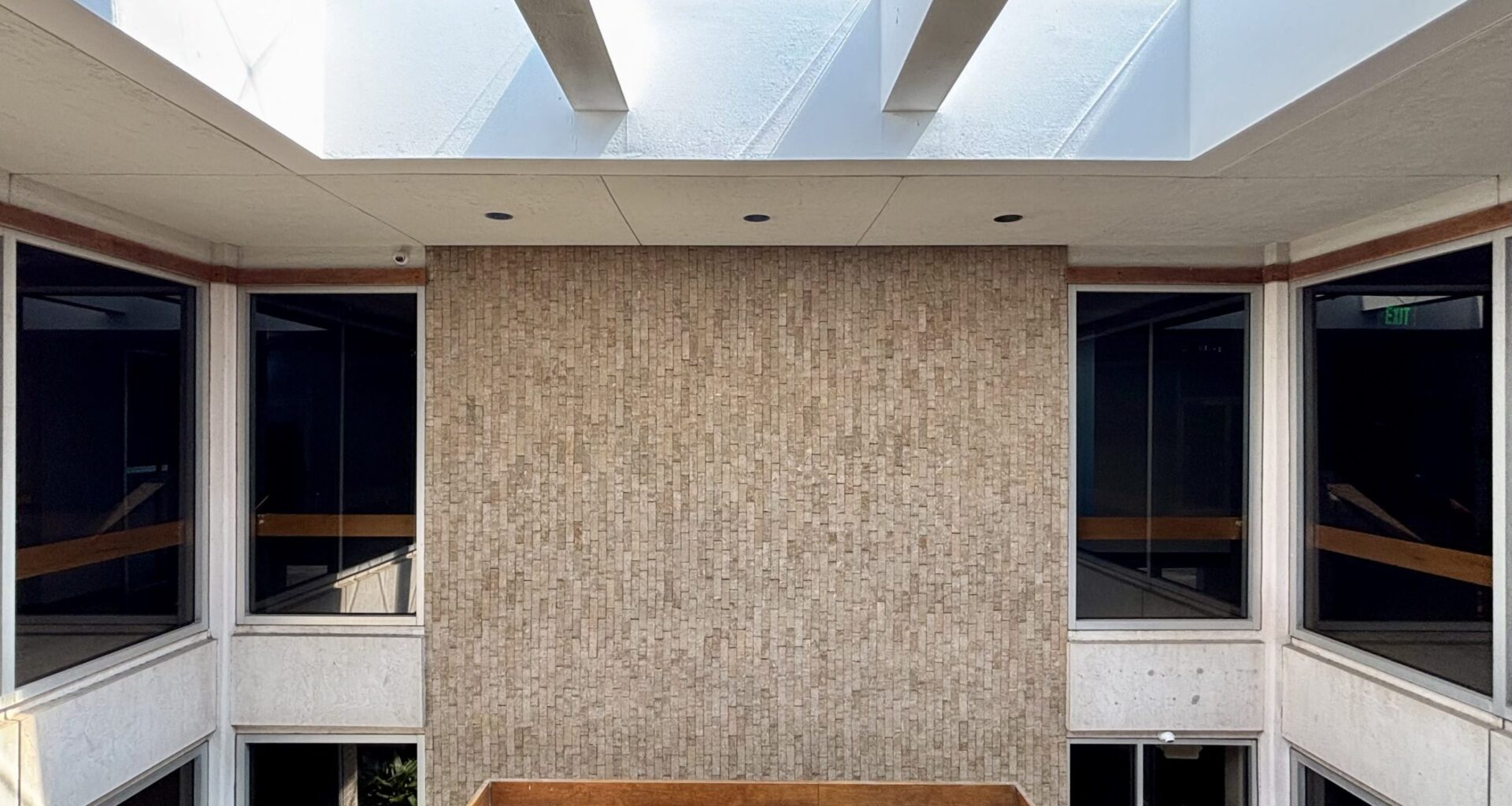The residents of neighborhoods near the intersection of Oltorf and I-35 fought passionately and persuasively at City Council last Thursday to stop Austin leaders from placing a homeless navigation center at 2401 I-35 S. The residents warned that the location of the center would endanger kids walking to and from local schools. They said it would worsen violence, theft, and drug use, which are already problems in the area. They said the center’s approval was being rushed. They begged city leaders to slow down the process.
But in the end, Council voted 8-3 to spend $4 million to purchase the building that will house the new center and begin renovating it. When it opens next spring, the center will provide food, showers, and medical care to people experiencing homelessness. It will also help them find jobs and housing.
Over two dozen people spoke in opposition. Many emphasized that it wasn’t their support for the homeless community that was in question, but the appropriateness of this particular location for the work. “I appreciate the need for homeless services, but the city has ignored neighborhood concerns about this site,” Alan Fisher said. “The homeless population is not one thing. It is good, law-abiding folks who need some help, but also it is mentally unstable people, addicted people, formerly incarcerated individuals, and sex offenders, all in higher numbers than in the housed population. And that is why a center like this does not belong near homes and schools.”
Like other speakers, Fisher referred to the challenges faced by the Sunrise Homeless Navigation Center on Menchaca Road. The privately run center has been highly praised for rapidly rehousing homeless people but it has also been criticized for increasing crime in the surrounding community. It is scheduled to close after Attorney General Ken Paxton filed a lawsuit against the church running it last year.
While the proposal to create the new city-run navigation center was opposed by most speakers, it did receive a significant amount of support, with some lamenting the claims that it would increase crime in the neighborhood. “Housing reduces crime, ending poverty reduces crime,” Lily Hughes told Council. “Increased criminalization and ostracization of people increases crime. And I want to be clear, the rhetoric that our unhoused neighbors are criminals is not only dangerous, but it is not rooted in facts or data.”
After all the speakers were heard, Council Member Marc Duchen tried and failed to get the purchase of the new navigation center delayed, noting that the community at large is suffering from a lack of trust in the city. Zo Qadri and José Velásquez said they would vote against the purchase because they wanted the city to take the process slower and improve its communication with the affected residents. But they also emphasized that they will try to help make the center successful for the homeless and for area residents.
“I think about a 22-year-old former foster youth who slept outside of City Hall for nearly a year before we could get him help,” Qadri said. “A center like this could have changed that outcome. And, as a new father, I carry that with me. We have too much at stake not to act, but also too much at stake not to get this right.”
This article appears in October 17 • 2025.
A note to readers: Bold and uncensored, The Austin Chronicle has been Austin’s independent news source for over 40 years, expressing the community’s political and environmental concerns and supporting its active cultural scene. Now more than ever, we need your support to continue supplying Austin with independent, free press. If real news is important to you, please consider making a donation of $5, $10 or whatever you can afford, to help keep our journalism on stands.

